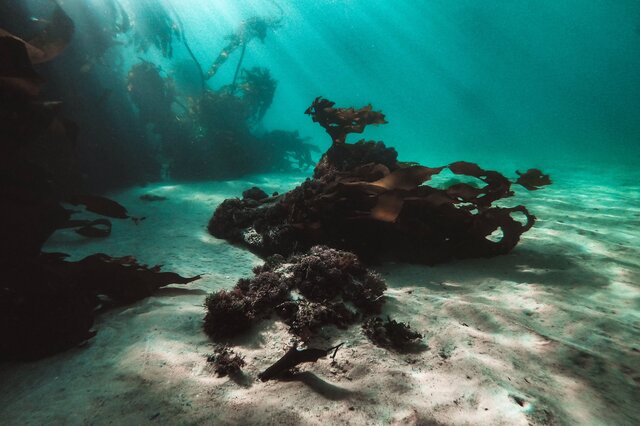Cape Town — On the latest episode of CNN’s Going Green, marine scientists Mark Barron and Drew Irion go an adventure, exploring the underwater world known as “The Great African Sea Forest”.
It is situated in the depths of the ocean off the coast of Cape Town and is known as one of the most biodiverse marine environments in the world.
Both Barron and Irion had a strong desire to play their part to conserve the rich ecosystem. The Great African Sea Forest is a thriving habitat where kelp plays a key role in sustaining life in the ecosystem.
Kelp helps provide food and shelter for the marine animals, protects the coastline and captures carbon dioxide from the atmosphere through photosynthesis. According to Irion, he saw a decline in kelp worldwide, and said when that happens, the damage is too much to repair or fix.
“So the the job then is to identify those tipping points before they’re reached and to be vigilant. And that’s what we’re trying to do here,” he said.
Barron and Irion co-founded Cape Research and Diver Development – or “Cape Radd” – an organisation dedicated to marine research that engages both biologists and citizen scientists. Cape Radd specialises in projects that monitor and investigate the biodiversity of a global hotspot home to more than 3500 endemic marine species.
We decided we needed more people to know about this amazing area of biodiversity, this incredible, beautiful ocean that we’re working in. And so we wanted to create something which allowed people accessibility and engagement in marine conservation and science without having to be a scientist”, Barron concludes.
Follow African Insider on Facebook, Twitter and Instagram
Picture: X/@CapeRadd
For more African news, visit Africaninsider.com
Compiled by Matthew Petersen


